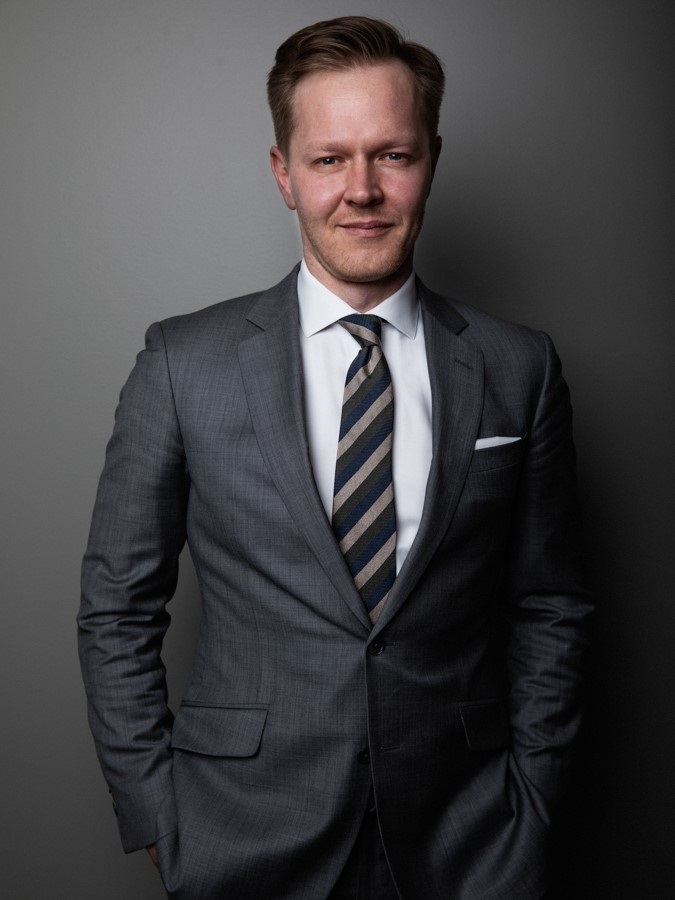Dmitry Kaysin JD MCIArb
Dmitry is a counsel in dispute resolution practice of Russian law firm Rybalkin, Gortsunyan & Partners. In his 18+ years practice, Dmitry mainly focuses on resolution of disputes involving governments and possesses vast experience of representing clients in international arbitration proceedings under UNCITRAL, SCC, LCIA, ICC, Swiss Chambers, SIAC, WIPO, and ICAC rules, and in the Russian state courts. Dmitry is an author of a number of publications regarding exequatur procedure (recognition and enforcement of foreign judgments and arbitral awards) and jurisdictional immunity of states. Dmitry received a JD (with honors) and a PhD in law degrees from the Moscow State Academy of Law. He also graduated from the NYU School of Law (LLM in International Business Regulation, Litigation and Arbitration). Dmitry is a member of the Nomination Committee of the Commission on International Arbitration, ICC Russia. He is recommended by Best Lawyers 2020.
Why have you decided to specialise in arbitration and adjudication? Tell us about your legal journey to ADR.
When I was around 30 years old, I understood that I needed to expand my horizons. I wanted to deal with international litigation and arbitration at a higher level, my knowledge was insufficient to develop further. So I filed applications to several US law schools and ultimately, graduated from the NYU Law School (class of 2012, International Business Transactions, Litigation and Arbitration). Those were great times.
How is your arbitration/adjudication practice different from your general litigation experience?
It is different. The Russian judiciary adopts a more inquisitorial approach, in line with the civil law tradition. It is a fast and a cheap means of dispute resolution. One may find almost each judgement of a Russian commercial court on the internet. Nowadays international arbitration more aligned with common law cannot boast that it maintains its original features like expediency and cost-effectiveness. However, in recent times, arbitration community has done a great job to grapple with those concerns.
What do you consider to be your biggest achievement in the field thus far?
I am sure my biggest achievement is ahead.
What do you consider is the biggest challenge for ADR in the future?
I mostly deal with arbitration matters involving states and state-owned entities. There is an ongoing debate on the future of investment arbitration. I think that the arbitration community will handle current challenges in an effective and fast manner, although, undoubtedly, serious reforms are needed and they are underway.
Are there any interesting developments in ADR in the jurisdiction where you are based?
The Russian arbitration reform primarily aimed at eliminating so called “pocket” arbitration institutions completed. Indeed, Russian authorities reached the primary goal, although some reputable institutions have failed to receive government permissions. It is a sad fact. Hopefully, authorities will reconsider the approach in the near future and allow those institutions to administer cases on Russian soil. I also think that the Russian judiciary should become more arbitration-friendly and first of all, it should reassess the view on the scope of public policy ground.
Are there any interesting developments in your CIArb Branch?
We were very close to establishing a Russian CIArb Branch during the First Russian Arbitration Week in March 2020. But the coronavirus changed the plans and the steering committee made a hard decision and postponed the event. Hopefully, the globe will overcome the crisis soon and we will manage to open a Russian Branch this year.
Tell us about your interests, hobbies or any outside of work activities.
I am interested in mountain skiing. My family and I travel regularly and visit various resorts. I became a father last year, so my key interest is my son, his growth and happy childhood. I am confident, in a couple of years, we will start conquering new slopes together.
